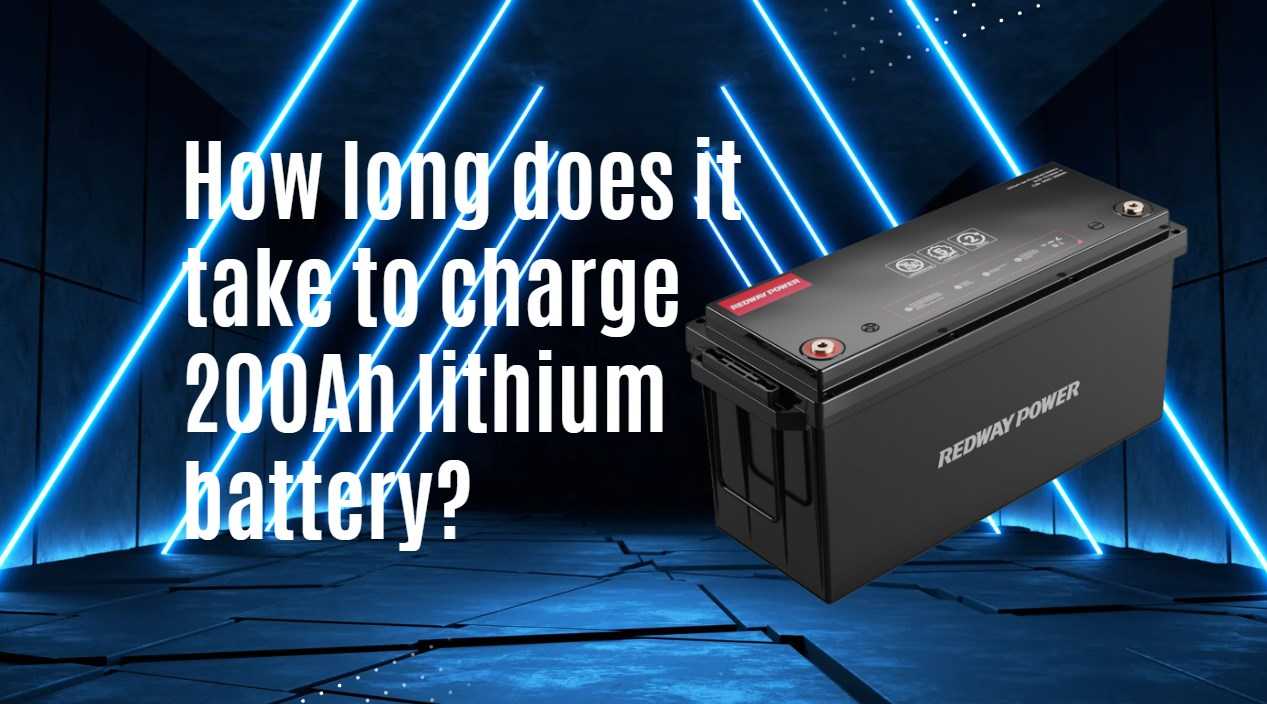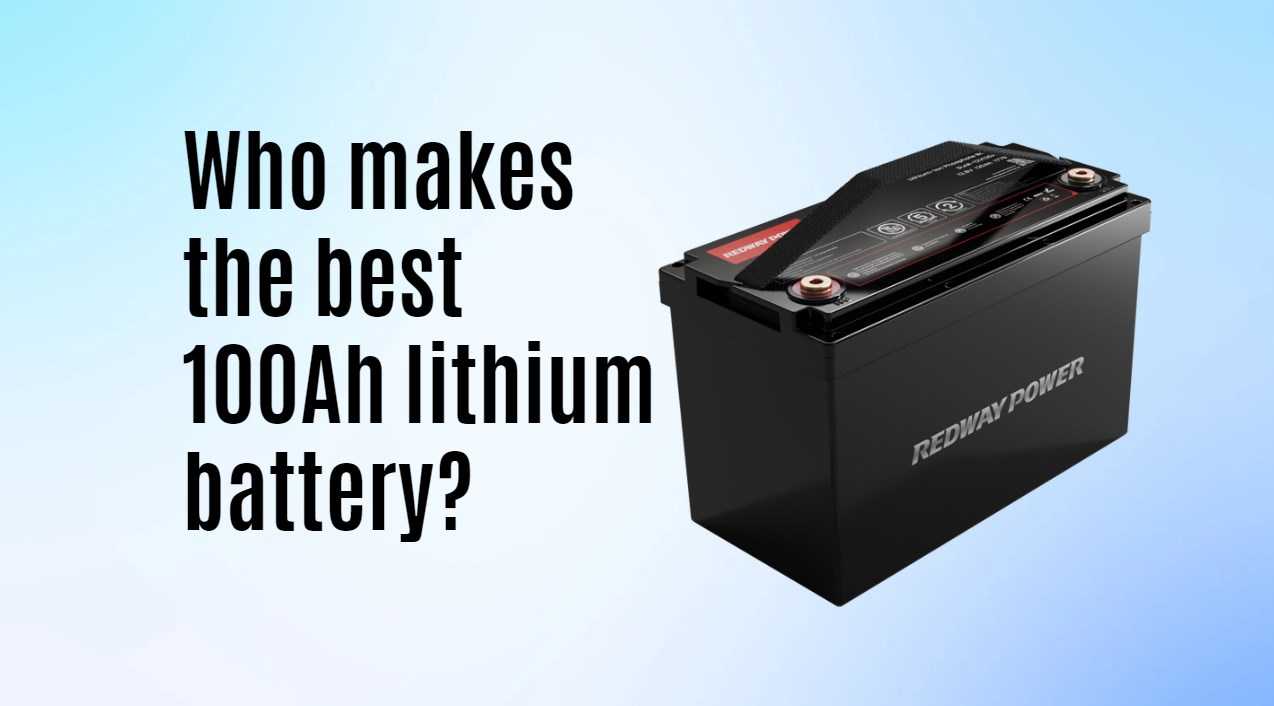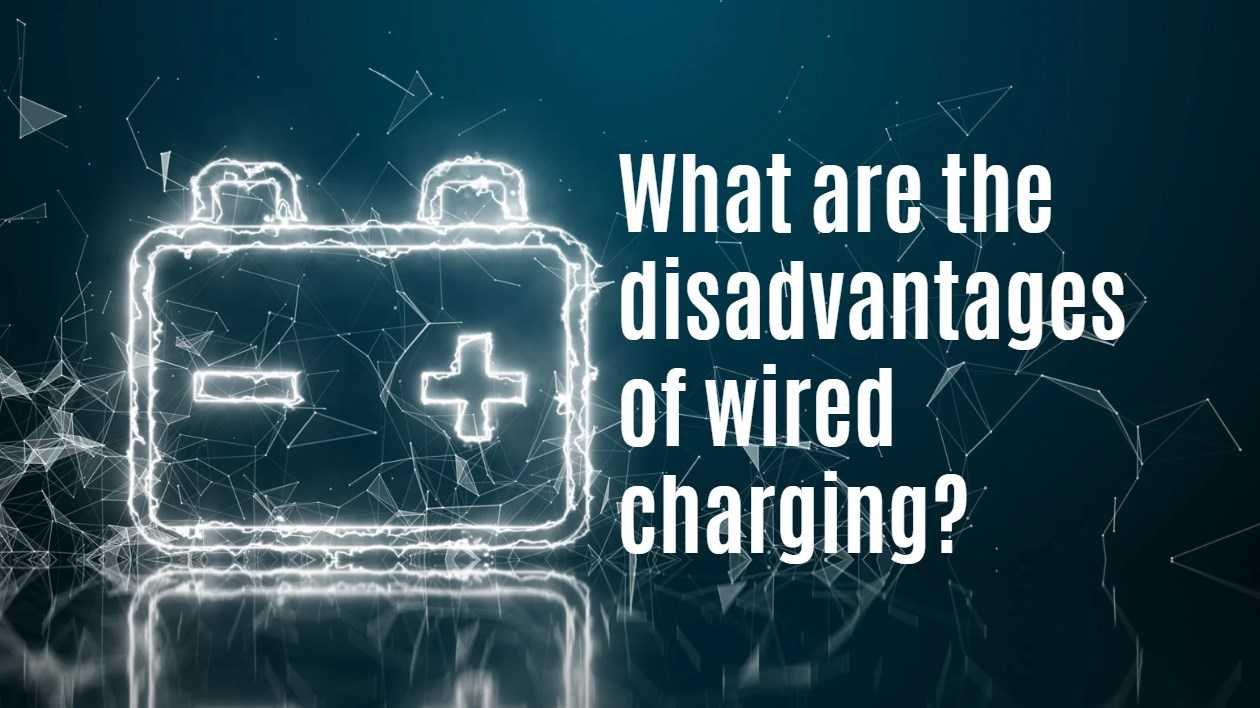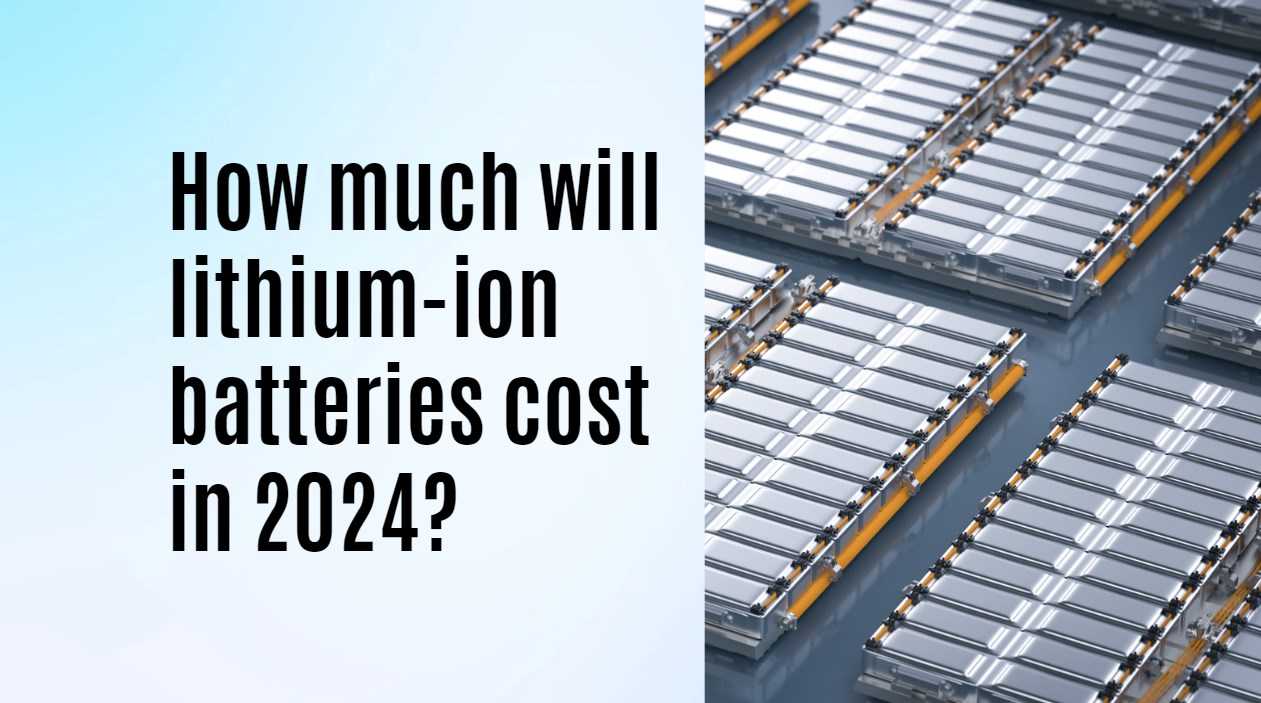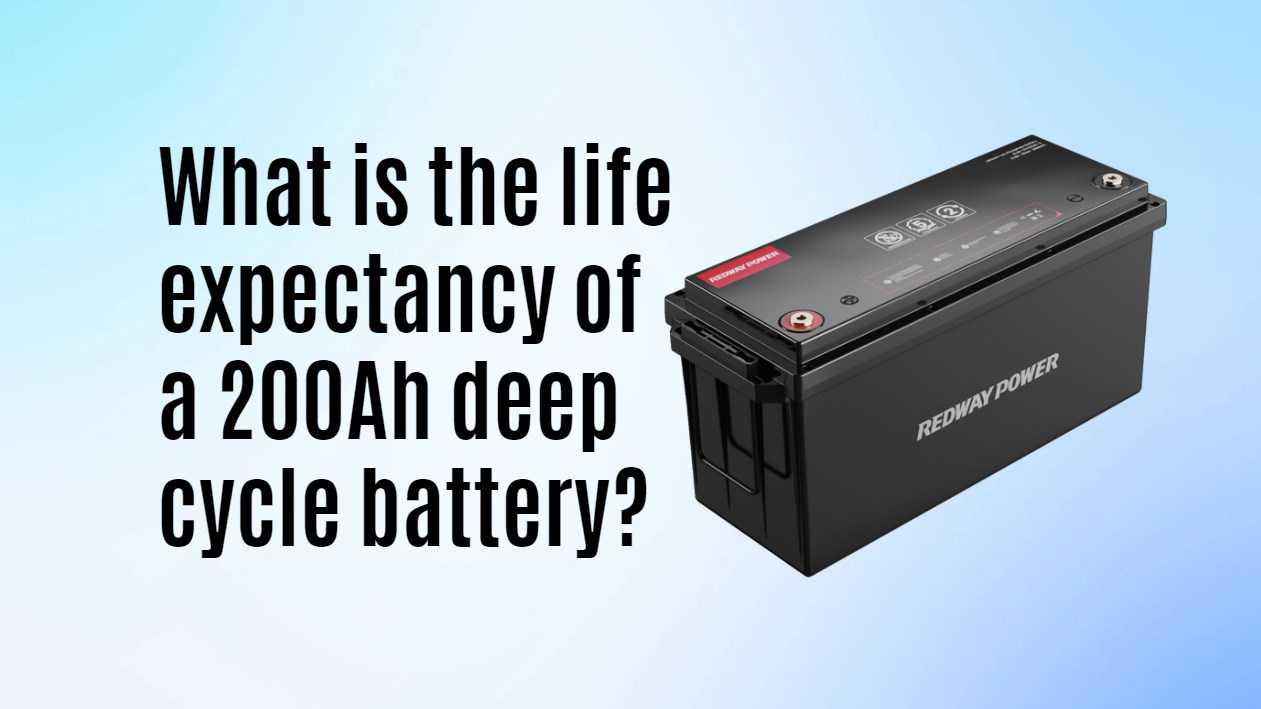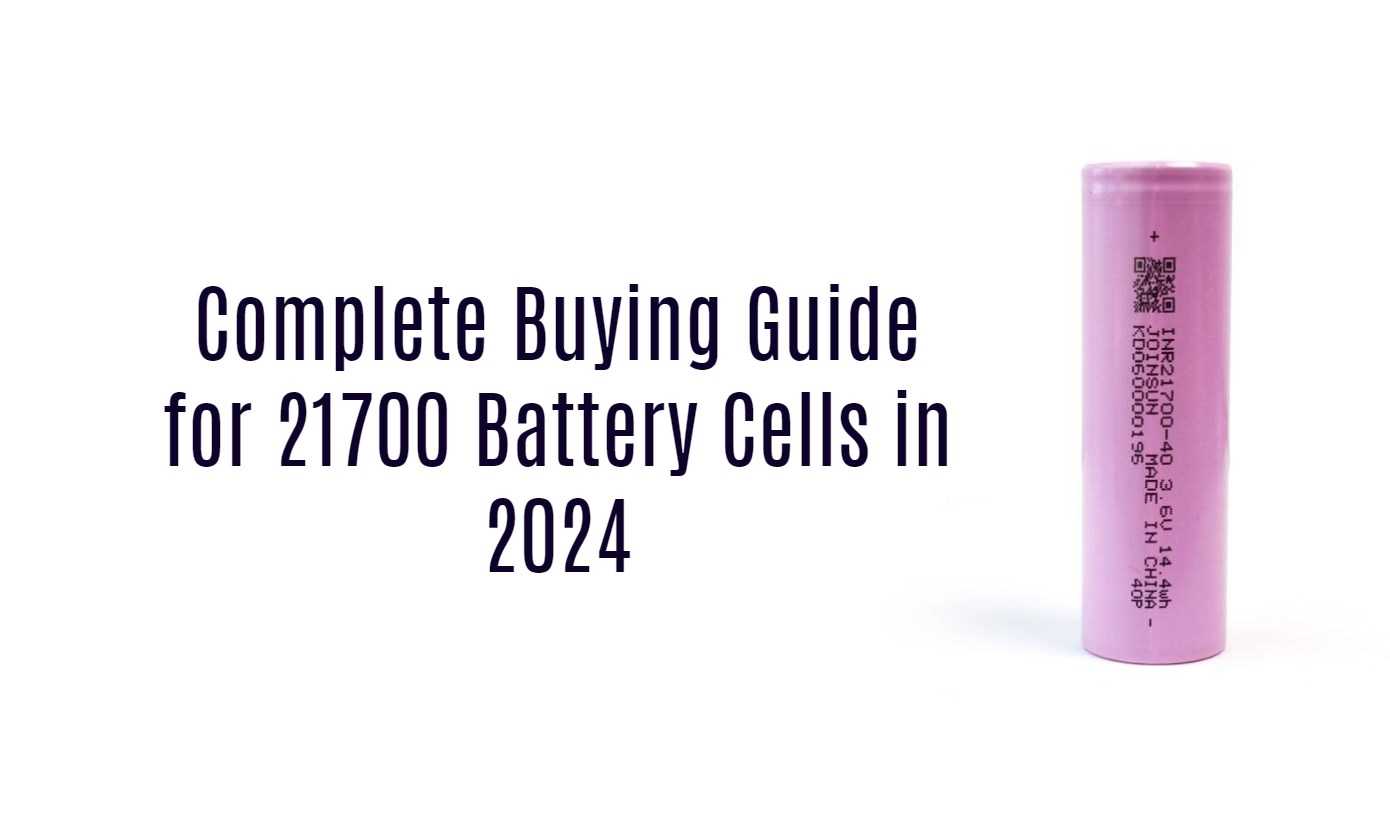How long does it take to charge 200Ah lithium battery?
Charging a 200Ah lithium battery varies based on the charging current used. For example, using a 40A charger, it would take approximately 5 hours to fully charge the battery from a low state of charge. However, if you use a lower current, such as 5A, it could take up to 40 hours.
Understanding Charging Times for Lithium Batteries
The charging time for lithium batteries is primarily determined by two factors: the battery’s capacity (in amp-hours, Ah) and the charging current (in amps, A). The formula to estimate charging time is:
Example Calculations
- Using a 40A Charger:
- If you connect a 40A charger to a 200Ah lithium battery:
Charging Time=200 Ah40 A=5 hours - Using a 20A Charger:
- For a 20A charger:
Charging Time=200 Ah20 A=10 hours - Using a 5A Charger:
- For a slower charger at 5A:
Charging Time=200 Ah5 A=40 hours
Factors Influencing Charging Times
- State of Charge: The initial state of charge affects how long it will take to reach full capacity. If the battery is already partially charged, the time required will be less.
- Charger Efficiency: Not all chargers are equally efficient. Some may lose energy during the conversion process, which can extend charging times.
- Battery Management System (BMS): Many lithium batteries come with integrated BMS that regulate charging speeds and protect against overcharging. This can affect how quickly the battery accepts charge.
Latest News in Lithium Battery Technology
- Advancements in Fast Charging: New technologies are emerging that allow lithium batteries to charge more quickly without compromising safety or longevity.
- Sustainability Efforts: Manufacturers are increasingly focusing on eco-friendly practices in battery production and recycling.
- Market Growth Trends: The demand for lithium batteries continues to rise as they become more prevalent in electric vehicles and renewable energy systems.
Redway Expert Comment
“As experts in lithium LiFePO4 battery technology, we emphasize that understanding your charging options is crucial for maximizing efficiency and battery lifespan. Selecting an appropriate charger based on your usage needs can significantly reduce downtime and enhance performance.”
Conclusion
In summary, charging a 200Ah lithium battery can take anywhere from 5 hours to 40 hours, depending on the charging current used. By selecting the right charger and understanding your battery’s state of charge, you can optimize your charging times and ensure the longevity of your lithium battery system.

